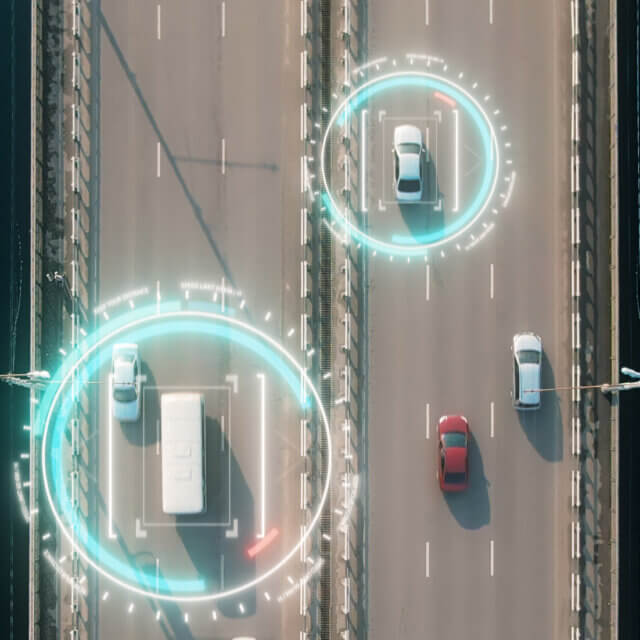French transport company, Keolis, won a public tender in 2019 for the bus transportation rights in the Eastern provinces of the Netherlands. The contract, valued at 900 million Euros, was revoked in the summer of 2020 as reports showed that Keolis had signed fraudulent agreements with their subcontractors. With the contract already due in December, the government had to award Keolis a two-year emergency concession to limit welfare losses. This article will demonstrate, through a game-theoretical analysis, how this tender rewarded fraudulent behaviour at the expense of society, potentially setting a bad precedent. We will also explain how the government should redesign future tender processes, to incentivise ethical behaviour and discourage fraud.







